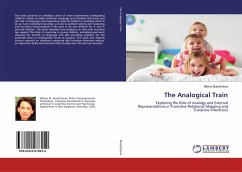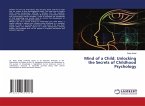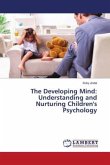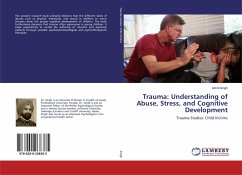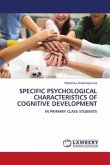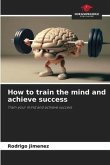The book presents an ambitious series of seven experiments investigating children's ability to make relational mappings and transitive inferences and the role of language and supporting external symbols in enabling them to do so. Such relational reasoning is crucial to problem solving and reasoning and has been demonstrated in the past to be very difficult for 4- and 5- year-old children. The book describes new evidence on how task structure can support this kind of reasoning in young children, extending past work showing the benefit of language and also providing evidence for the potential value of nonlinguistic forms of support. The work also extends current research on relational reasoning into transitive inference making, an important ability that has been little studied over the last two decades.
Bitte wählen Sie Ihr Anliegen aus.
Rechnungen
Retourenschein anfordern
Bestellstatus
Storno

